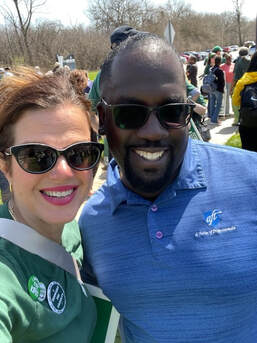 Strike at Governor's State with AFT Secretary-Treasurer Fed Ingram Strike at Governor's State with AFT Secretary-Treasurer Fed Ingram As I end my final term as President of the Teacher’s Council for Local 434, I have been reflecting on unionism and what it means to be part of a union. During my 20 years in 434 leadership, I have seen myself become more and more active in the larger labor movement, and I am currently serving as the President of the Southwest Area Council and the Secretary Treasurer of the Illinois Federation of Teachers. I see now that my work is not over, it has only just begun in many ways. So what does it mean to be a part of the union? It means we have the strength of many behind us. It means we have job security and a safe place to work. It means we have some say in determining our evaluations, our mentoring program, our sick leave, our rights as professionals. It means we have a contract to protect us. It also means we are part of something larger than ourselves. We are all proud members of the Belleville Federation of Teachers, but we are also members of the 6,000 strong Southwest Area Council, a labor council dedicated to preserving and uplifting the voices of our region. We are members of the 100,000 strong Illinois Federation of Teachers, and we are also part of the over 1.2 million strong American Federation of Teachers. There is strength in numbers. More importantly, we are part of a growing labor movement. This movement is nationwide, from Starbucks, Trader Joe’s and Amazon workers, to undergraduate students throughout the nation. The National Labor Relations Board saw a 53% increase in union representations filed from last year. A Gallup poll published last August found that 71% of Americans approve of labor unions (that number increases to 77% for young adults aged 18-34). This is the highest approval rating since 1965. Americans are noticing that when we fight, we win. In fact, here in Illinois there were three higher institutions on strike at the same time in April, and all three secured solid contracts. There is even a former middle school social studies teacher, also a proud member of the IFT, who was recently sworn in as mayor of Chicago. Change is upon us! None of this surprises me. It sometimes takes a catastrophic event to foment real change. It was the Black Death in the 14th century where an estimated 30-50% of the population died that brought an end to feudalism. Workers were scarce, and they were able to successfully demand wages for their work. We recently lived through a global pandemic. Of course significant change has come out of it. Unions have not only survived the pandemic; we have thrived as a result of it. We see now that union representation at all levels has strong advantages. We can bargain for protections and safety. We can bargain for wages and working conditions. We can be a part of something larger and more powerful than what we could accomplish on our own. “Yet what force on earth is weaker than the feeble strength of one For the Union makes us strong.” So what does this mean for you? This means we all should take pride, and more importantly stewardship of this union. Local 434 is YOUR UNION. We have been active and engaged for 87 years, and now it's your time to step up, get involved, and contribute to the movement. In the words of Solidarity Forever written in 1915 by Ralph Chaplin: In our hands is placed a power greater than their hoarded gold Greater than the might of atoms, magnified a thousand fold We can bring to birth a new world from the ashes of the old For the Union makes us strong Solidarity Forever Solidarity Forever Solidarity Forever For the Union makes us strong. Solidarity Forever my union siblings! It has been a pleasure and an honor to have served you in this capacity, Cyndi Oberle-Dahm “There can be no power greater anywhere beneath the sun, 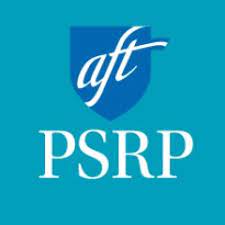 Administrative Assistants' Council President Liz de la Torre attended the PSRP conference in April. "For the PSRP Conference, my main takeaway was that all educators, no matter if they are Administrative Assistants, lunch workers, or bus drivers deserve respect. Respect does not only come in the form of a living wage, but it also should come from supervisors and coworkers. One of the workshops on the topic demonstrated how supervisors and coworkers can disrespect PSRPs and others through unconscious bias and steps PSRPs can take to positively indicate these biases through assertiveness. " In April members attended the Southwest Area Council meeting and collaborated with other educator from Southern Illinois. Here's what they had to say:
Thomas Gallaher: "This was a great opportunity to meet with other leaders from Southern Illinois. It is a good reminder that we are not isolated in our problems, but that we are also not isolated in striving for change. SWAC is an important tool in giving us power through networking to offset some of the power that is concentrated in Chicago." Kelly Schlueter: Getting together with other IFT members and having good discussions is one of the best things about meeting. Tiffany Stellhorn: We concentrated on successes within our union. I got to bounce ideas off of people from other unions with experience in the issue for contract change. Members from all 3 councils and all three campuses spent the March 24 Wellness Day participating in the IFT Trauma Informed Training Session. Here were some key takeaways:
Kara Schnoeker: On March 24th during the teacher institute, I was fortunate enough to attend the Trauma-Informed Teaching Training Session with colleagues and friends. It is hard to put into words how useful and enlightening the training was. Those of us who attended training were able to collaborate with each other on how to best support our students, our colleagues, and ourselves emotionally. We had really amazing and productive conversations as a whole group and in small groups. I felt like we accomplished so much in such a short period of time, and it sparked some much-needed conversations and assessments on how we respond to different scenarios in the classroom. It is amazing to me how so many of us shared similar thoughts and feelings, but had never discussed them in a group setting. This training was a wonderful experience, and I am very happy that I made the decision to attend. Tiffany Stellhorn: 1) I experienced an in-depth hour-long training on how to do a restorative circle. Even though I’ve experienced restorative circles within my classroom, with assistant principals and parents, this training strengthened my ability to create a conducive learning environment. I don’t have a fear or nervousness about the Advisory period next year. 2) Throughout the day, we went into depth of our strengths as a district and our challenges as a district. We realize that only half our staff will read about our experience (and that’s optimistic). We have this Advisory Period next year where we have no idea where/what to expect. However, at this training, we connected as colleagues. I gained friendships and trust with others I never would’ve done on my own. It re-filled my “cup. 3) The overarching goal I feel now is how can we as a union help each other. Towards the end of the day, we were left with the “Now what?” Those of us in the training created a Google Chat/Space to start sharing ideas of how we continue. Next step so far is to attend the DEI (Diversity, Equity and Inclusion) Summit on June 8th. Members attended this professional development in January. Here are some of their key takeaways:
Jeff West: "We learned how to begin and sustain union engagement at the local level. Participants also were given an opportunity to meet other active members in other local teachers' unions." Chelsea Kilzer: "I learned how I can be more involved in the protection of my rights as a public educator while also making sure that every student has access to FAPE." Tiffany Stellhorn: "When we want change, we need numbers backing the idea. In order to get the numbers, we need to track involvement. We gained ideas on how to ensure information gets out to the membership and how to have difficult conversations with each other about changes individuals want for the upcoming contract." |
Categories
All
Archives
May 2023
Editor:
Proud alumnus, union member, and educator in District #201 since 2006. Contributors
Dr. Hentze is the author of High Finance with Hentze, a monthly blog that provides news about District 201's current financial state. |
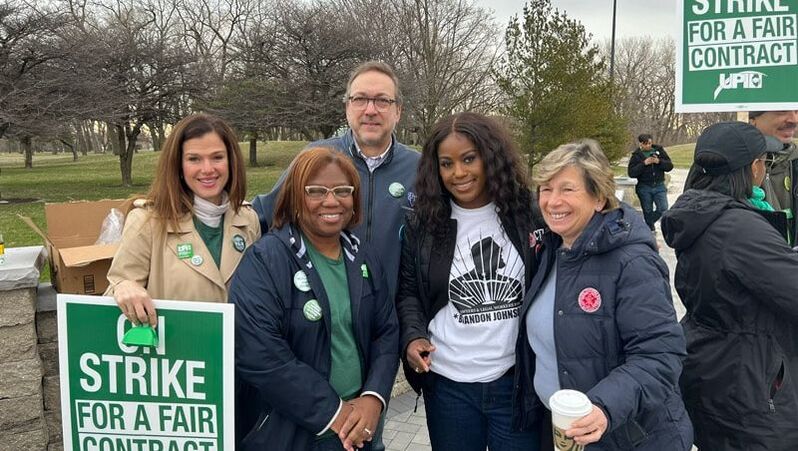
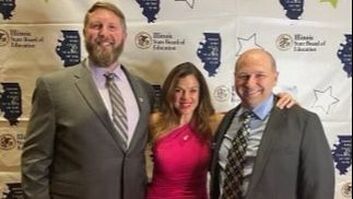
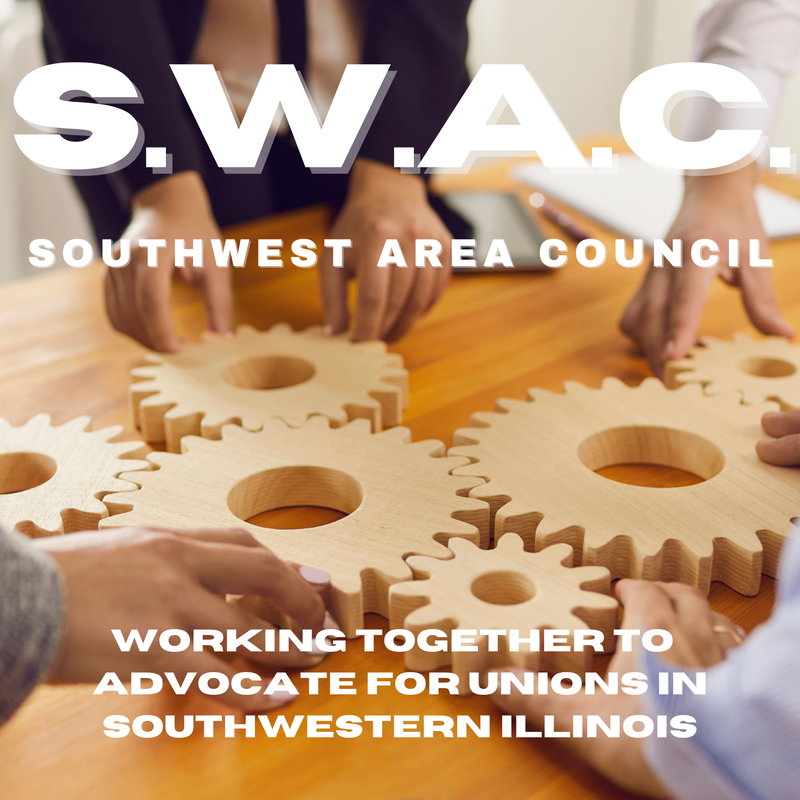
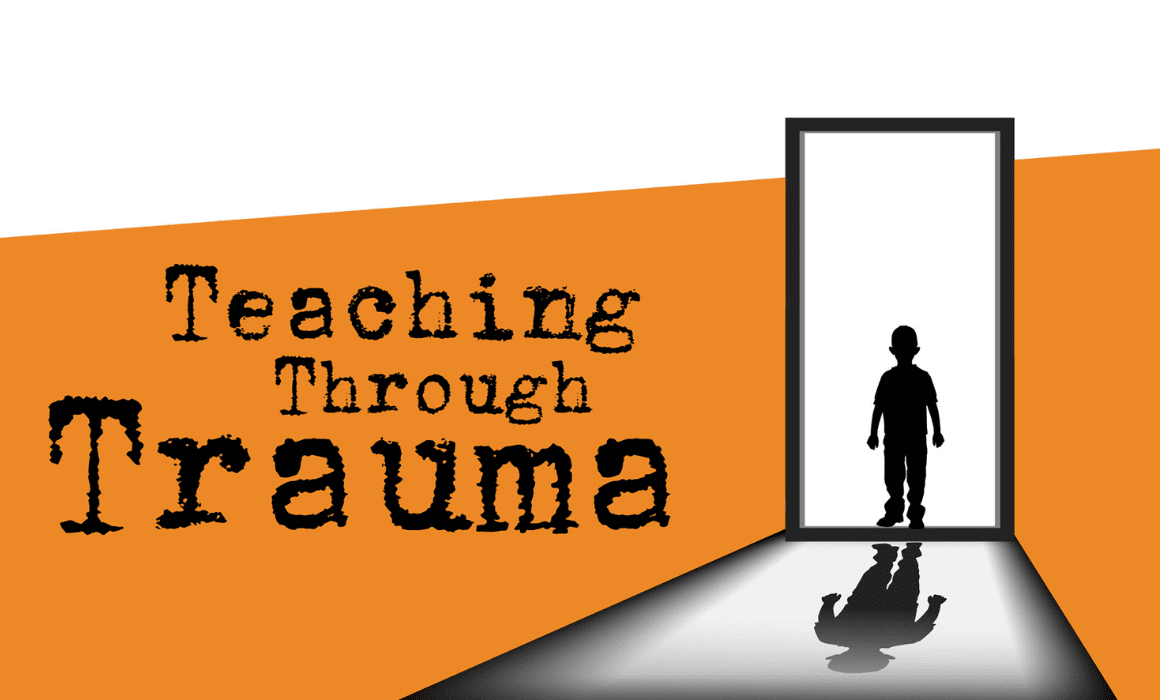
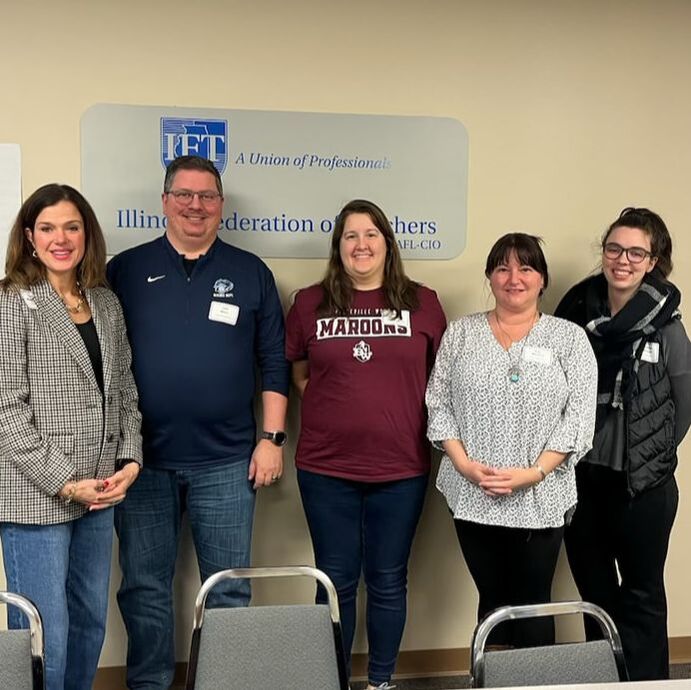
 RSS Feed
RSS Feed